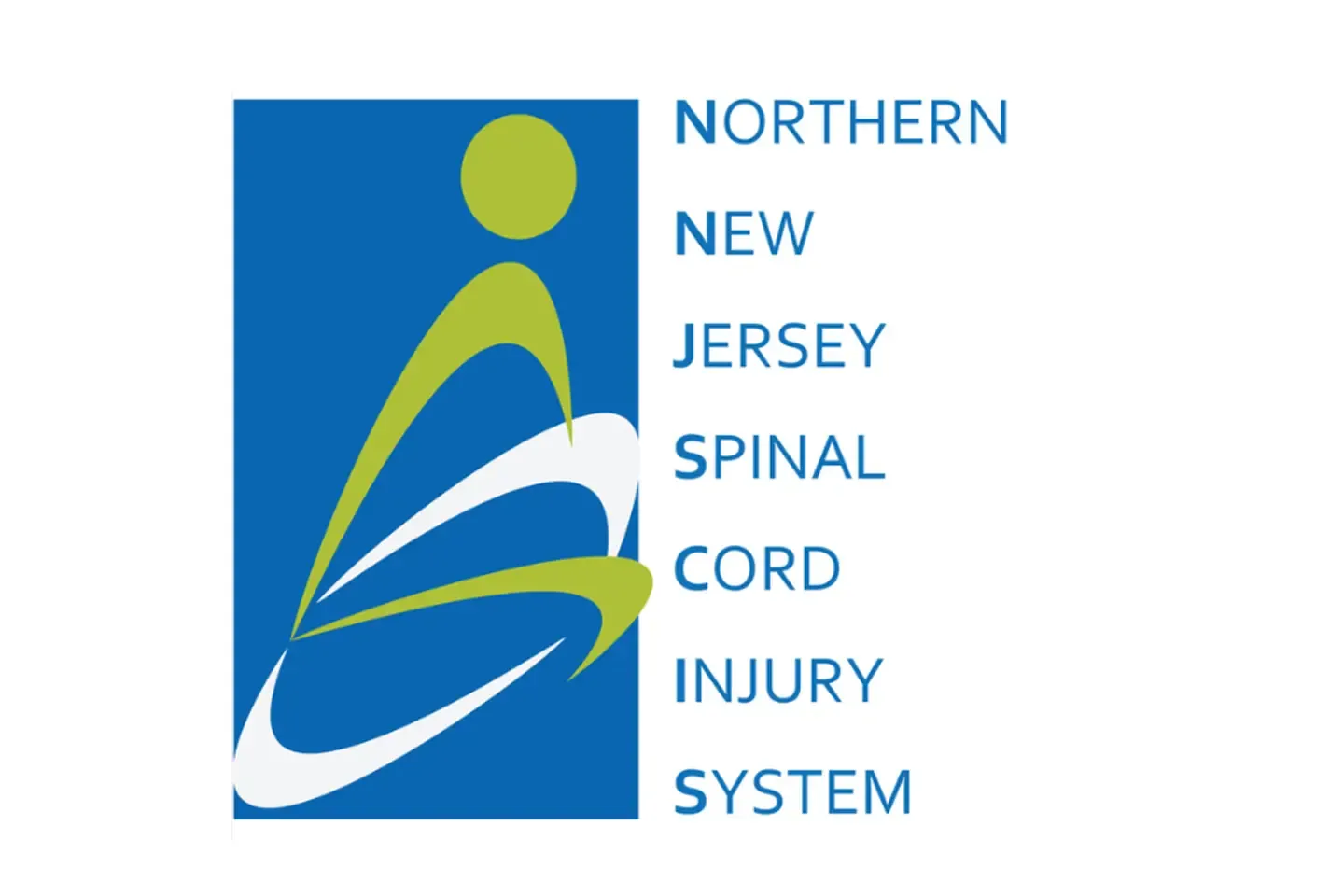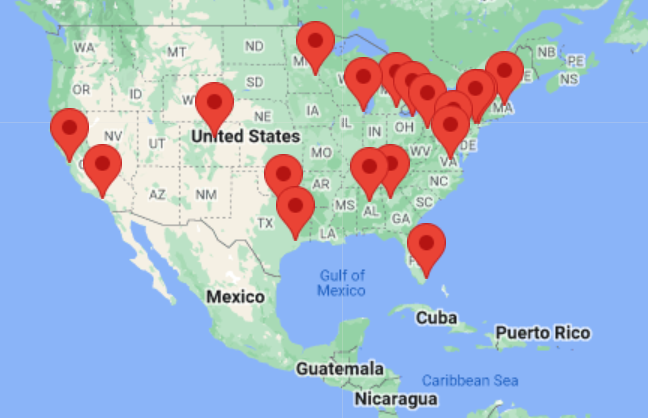
Northern New Jersey
Spinal Cord Injury System
The Northern New Jersey Spinal Cord Injury System (NNJSCIS) has served as a federally funded Spinal Cord Injury Model System (SCIMS) of care since 1990. NNJSCIS provides comprehensive, state-of-the-art care for people with spinal cord injury and their families from the time of injury, through rehabilitation and return to the community, and for the rest of their lives. NNJSCIS is one of only 18 centers in the U.S. funded for the current national SCIMS grant cycle (2021-2026). It is a cooperative effort of Kessler Foundation, Kessler Institute for Rehabilitation, and University Hospital.
Learning More About Spinal Cord Injury
Through Collaboration
We are one of 18 Spinal Cord Injury Model System Centers currently contributing research to the National Spinal Cord Injury Model Systems (SCIMS) Database, the world’s largest database for SCI research. More than 51,000 people with traumatic SCI have been enrolled in the database since it was created in 1973, including more than 1,500 participants from our NNJSCIS.
Each year, we enroll 50 to 60 newly injured participants, collecting information on demographics, cause of injury, and injury severity. Participants then complete follow-up interviews every few years, providing updates on employment, health, functioning, and quality of life after SCI. Our participation as an SCI Model System Center has given us extensive insight into the latest research, education, and treatment in spinal cord injury recovery and rehabilitation.

U.S. Locations of 18 Spinal Cord Injury Model Systems
Improving Quality of Life through Research
Through the NNJSCIS, we continue to find ways to help people with spinal cord injuries improve their mobility, minimize medical complications, and participate fully in the community. New research projects underway are developing solutions for two different challenges that affect quality of life. One study aims to assist newly injured people with spinal cord injury return to work. Another study – a collaborative project with other SCIMS centers – explores the types of formal and informal financial assistance people with SCI use to cope with the economic impact of their injuries.
Identifying Neighborhood Factors That Shape Independent Community Living
For people with spinal cord injury, community conditions can impact employment opportunities, healthcare access, and independent living. Unfortunately, many communities and neighborhoods remain inaccessible, putting people with spinal cord injury at risk for poor outcomes. The knowledge we gain from our latest multisite, collaborative study will generate actionable information about how communities shape the disability experience. It will also inform ongoing policy efforts to make public places more accessible and to ensure social inclusion for people with disabilities.
Multimedia
Advancing Quality of Care
Our patient education videos on Bowel Management and Pressure Ulcer Prevention have consistently placed in the top five most viewed on the Foundation’s YouTube channels. Other centers in the U.S. are using these resources to educate their patients on these important topics– a clear indication that these resources are addressing priorities in self-care in the wider community of people with SCI and related disorders. Informative videos can be viewed on Kessler Foundation’s YouTube channel.
The Principal Investigators of the NNJSCIS are Trevor Dyson-Hudson, MD, and Steven Kirshblum, MD.
The contents of this website were developed under a grant from the National Institute on Disability, Independent Living, and Rehabilitation Research (NIDILRR grant number 90SIMS0012). NIDILRR is a Center within the Administration for Community Living (ACL), Department of Health and Human Services (HHS). The contents of this website do not necessarily represent the policy of NIDILRR, ACL, or HHS, and you should not assume endorsement by the Federal Government.
Empowering Individuals and Families
NNJSCIS researchers work closely with the SCI Model Systems Knowledge Translation Center to create and share resources that help people with SCI maximize their health and participation in community life. These user-friendly resources are grounded in evidence and available in a variety of formats such as printable PDF documents, videos, and slideshows.